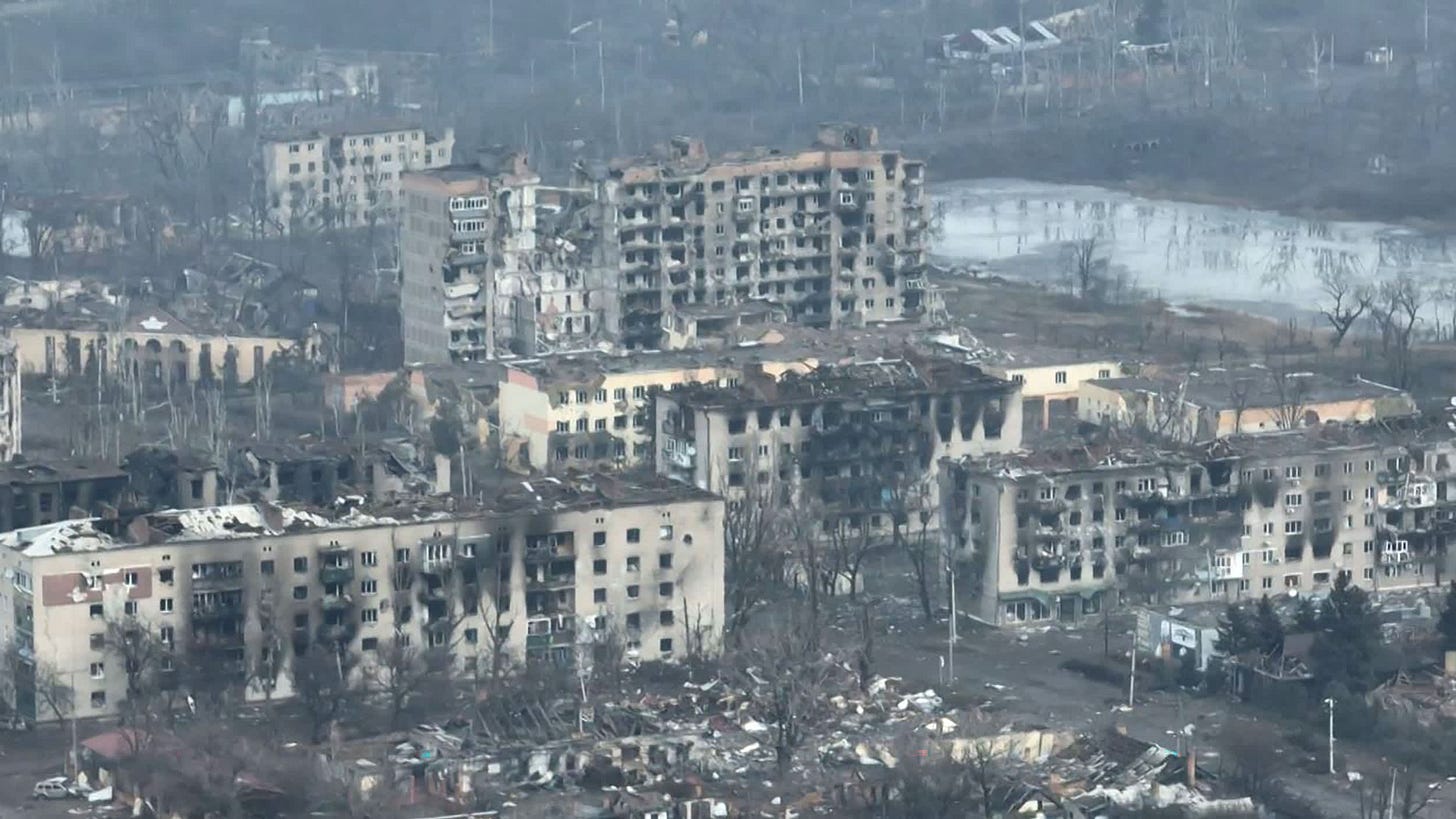Yes. War is hell.
This has been another edition of simple answers to simple questions. Thanks for coming! See you next week.
Well, wait a second. It may be true that war is hell, as General Sherman taught us, but I titled my new book The Horrible Peace for a reason.1 Just because war is hell, it does not follow that peace is heaven. It turns out that there were plenty of people in Britain who did not look forward to the peace that followed the Napoleonic Wars, and for good reasons.
To find out what some of those were, as well as why we should care about them today, read on. And if you haven’t already, subscribe!
One old soldier remembered how some of his comrades responded to news of the arrival of peace in 1814. “[A] few zealots and fire-eaters,” he remembered, “declared that they were quite inconsolable when the armistice was concluded, and the prospect of no longer being targets for French bullets stared them in the face.” The soldier thought they were simply forgetting how hard the war had been, and that’s likely part of the explanation. But I don’t think it explains all of it.
Take, for example, junior naval officers. As I discussed in my first book, during the French Revolutionary and Napoleonic Wars, there were far more officers than the navy had jobs. I found there were approximately two lieutenants for every available position on a ship, and it was worse for higher ranks. To save money (a theme we’ll return to in several future posts), the government dramatically shrank the size of the navy in peacetime. For some officers, especially those without good social and political connections, peacetime spelled the end of their careers afloat. And they knew it. The customary toast on Thursdays in the navy was to “a bloody war or a sickly season”—morbid, yes, but also a reflection of the cruel math of promotion. Jane Austen has several such “beached” naval officers in her novels, including Fanny Price’s father in Mansfield Park. They have no prospects, especially not in the peacetime navy.

For some people in some circumstances, then, war was beneficial, even desirable. In The Horrible Peace, I discuss the varied reasons why members of the armed services might not have wanted the wars to end. It wasn’t just naval officers who felt that way. The book looks at the full hierarchy of both services, from senior officers seeking peerages to ordinary soldiers who just wanted guaranteed meals, shelter, and pay.
Some civilians, too, benefitted from war by securing government contracts to provide the armed services with all sorts of foodstuffs and goods. The government canceled these contracts at the end of the war, devastating entire sectors of the economy such as the armaments industry in Birmingham. Similarly, the entrepreneur Marc Brunel was left with thirty thousand pairs of unsold boots when the army cancelled his contracts.2 His friends in high places, including the Duke of Wellington, eventually got him a bailout, but you can see why Brunel might have been disappointed in the arrival of peace.
All this is not to glorify war. It is just to point out, as my book does at great length, that wars provide opportunities for profit and advancement, and that wars (especially long ones) impose enormous transition costs on societies when they end. That’s where the title of my book comes from. In 1816, an editorial in The Times wondered whether Britain would have any reason to celebrate the one-year anniversary of Waterloo. “[What if] a most destructive peace broke out at home,” it asked, using an adjective (destructive) and a verb (to break out) usually associated with war. It enumerated dozens of reasons why the prospects for peace were poor, and described the country as being sunk in an “abyss of misery and ruin.” The editorial concluded with the original Latin passage from Tacitus’s second chapter of The Histories, which translates as “the history on which I am entering is that of a period rich in disasters, terrible with battles, torn by civil struggles, horrible even in peace!”
Tacitus was writing about Rome in the aftermath of Nero’s death in 68 CE, but I thought it was an appropriate way to frame my story of returning veterans struggling to forge a new life after two decades of war.
Once again, then: war is hell. The images and videos from Ukraine serve as daily reminders of the basic truth in that statement. Most of the commentary on the war focuses on the when/where/how of Ukraine’s imminent offensive, and that’s a good place to focus our worries. But I’m also worried about what comes after all this. Eventually, the war in Ukraine will end, and the peace that follows will be better in the fundamental sense that it will not be war. But it might not be great, either. How will Ukraine rebuild? What will the lasting effects of the trauma of the war be on Ukrainians? Will the West continue to aid Ukraine after the Russians leave? Undoubtedly the conditions that bring about the end of the war will shape the answers to many of these questions, but I share Adam Tooze’s concern with Ukraine’s economy during the war and its future in whatever peace follows it.
Use the code MAS073 at checkout for 30% off, or MAS080 for free international shipping.
Brunel’s son was the famous engineer Isambard Kingdom Brunel.





